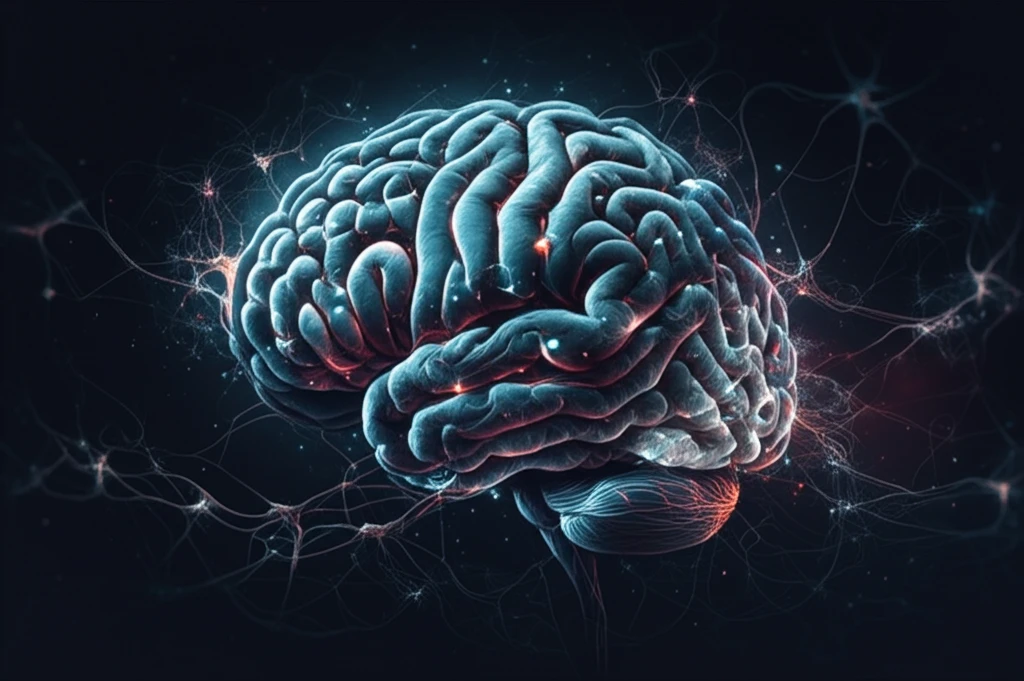
Unlocking Your Brain's Potential: A Beginner's Guide to Neuronal Systems
"Demystifying the complex world of neurons and how understanding them can improve your cognitive well-being."
Ever wondered what makes your brain tick? The answer lies in the intricate network of neuronal systems, the fundamental units responsible for everything from your thoughts and emotions to your movements and memories. Understanding these systems is like gaining access to the control panel of your own mind, offering valuable insights into how you learn, adapt, and experience the world.
This article serves as a friendly introduction to the basic structure of neuronal systems, breaking down complex concepts into easy-to-understand explanations. We'll explore how these systems are organized, the roles of different components, and how they work together to create the remarkable abilities of the human brain. Prepare to embark on a journey of self-discovery and unlock the potential within your own mind.
Think of your brain as a bustling city. Neurons are the individual citizens, each with their unique roles and responsibilities. These citizens are organized into districts (neuronal systems) that specialize in specific tasks. Just as a city needs infrastructure to function, neuronal systems rely on intricate communication networks to transmit information and coordinate activity.
The Building Blocks: Neurons and Their Roles

At the heart of every neuronal system lies the neuron, a specialized cell designed to transmit information throughout the brain. Each neuron consists of several key components:
- Dendrites: Branch-like extensions that receive signals from other neurons.
- Cell Body (Soma): The central part of the neuron, containing the nucleus and other essential organelles.
- Axon: A long, slender projection that transmits signals to other neurons.
- Synapses: Junctions between neurons where signals are transmitted.
Empowering Your Mind Through Understanding
Understanding the basics of neuronal systems is the first step towards unlocking your brain's full potential. By learning how these systems work, you can gain valuable insights into how you learn, remember, and process information. This knowledge can empower you to make positive changes in your lifestyle, habits, and cognitive strategies, leading to improved mental performance and overall well-being. The journey to understanding your brain is a continuous one, filled with exciting discoveries and opportunities for personal growth. Embrace the power of knowledge and embark on a path towards a healthier, more vibrant mind.
